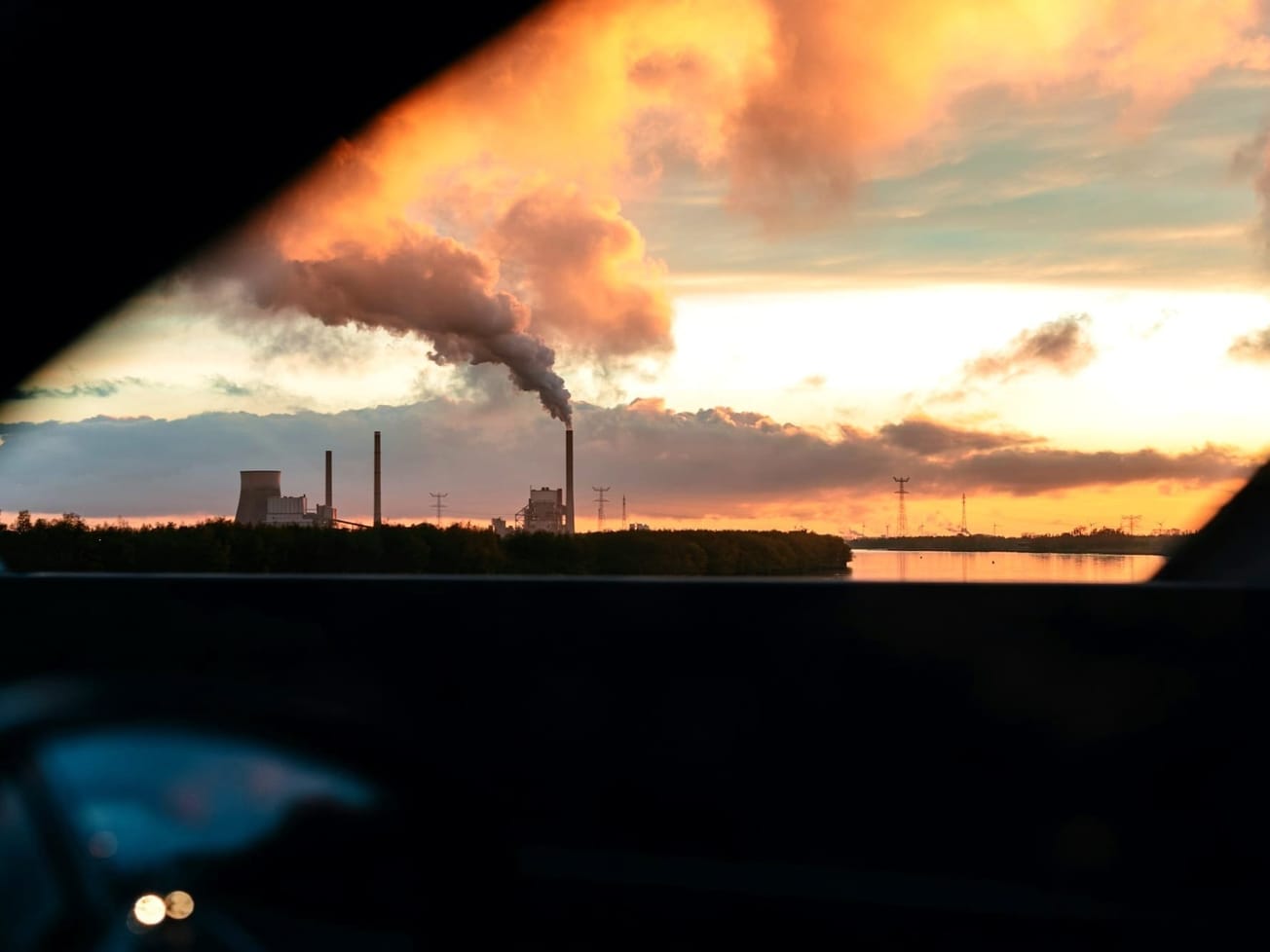GENEVA (AN) — The U.N. weather agency finds that the effects of climate change and air quality were inextricably linked last year: intense heat and persistent droughts fueled the risk of wildfires and air pollution.
People's health, nature and farmland all suffer from spiraling negative impacts of "a vicious cycle of climate change, wildfires and air pollution," the World Meteorological Organization says in new report issued Thursday.









